Education Indicators for Maine 2015
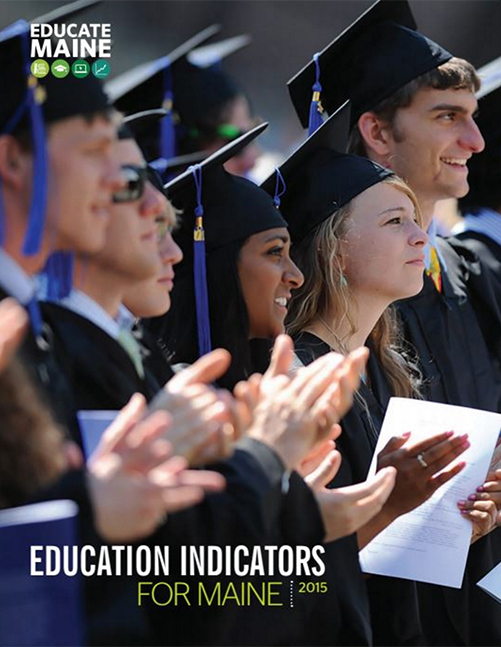
In this report from the Nellie Mae Education Foundation, Educate Maine examines 10 indicators around education access, achievement, and participation for Maine students. Beyond promoting discussion, this paper serves as a call to action for increasing engagement, positive dialogue, and support for promising strategies amongst stakeholders so all Maine’s students receive the education they deserve.… Read More ›
Integrated STEM Education through Project-Based Learning
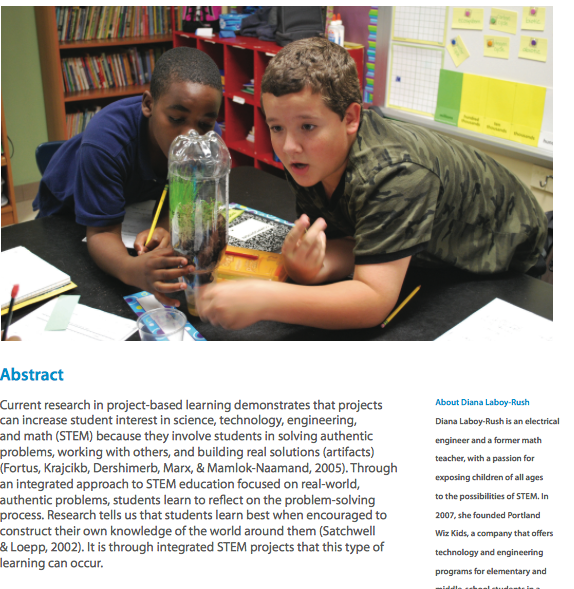
This paper outlines the research underlying successful project-based STEM education and refers educators to a unique curriculum that supports teachers to implement a project that encourages students to solve problems in science, technology, engineering, and math (STEM) fields. It includes an overview of a project-based learning process that takes students through the reflection, research, discovery,… Read More ›
Massachusetts’ Plan for Excellence in STEM Education 2.0: Expanding the Pipeline for All
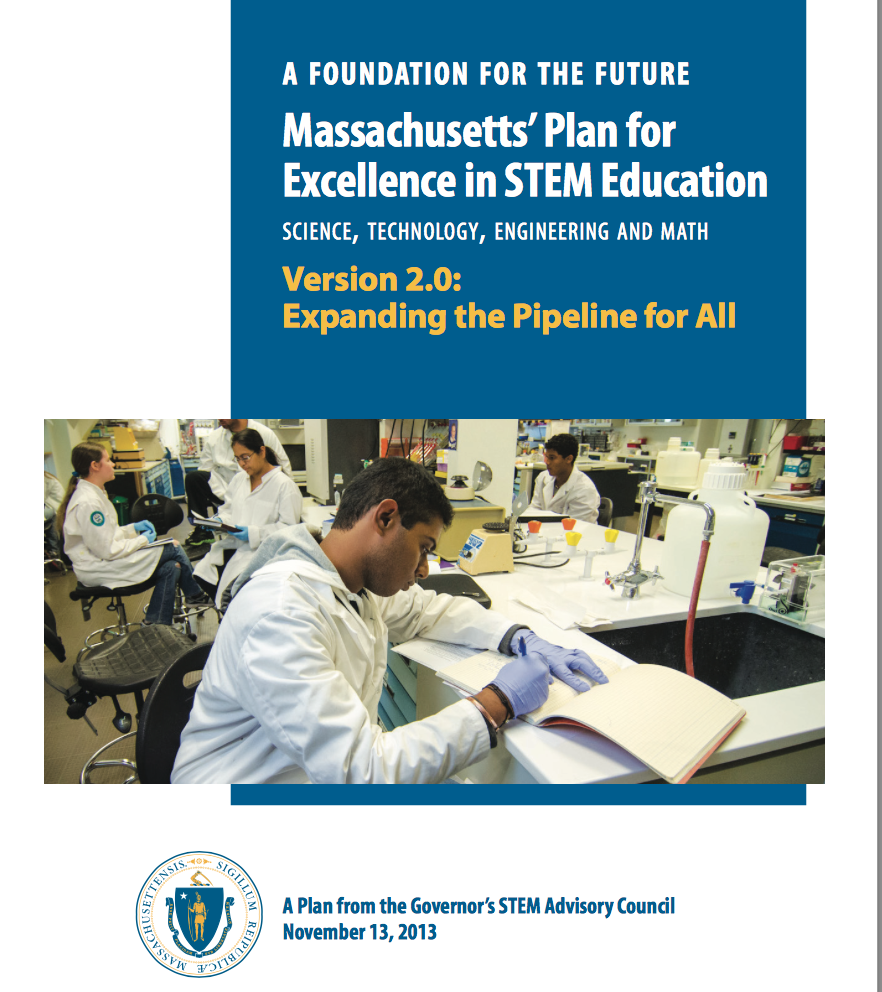
This plan, published in 2013 by Massachusetts’ Governor Deval Patrick’s STEM Advisory Council builds on the first strategic plan written in 2010 to establish infrastructure and build support for STEM education in Massachusetts. This plan lays out five goals, including increasing interest in STEM, student achievement, number of skilled k-16 STEM educators, and percentage of STEM… Read More ›
Learning While Working: Building 21st Century Competency-Based Apprenticeships
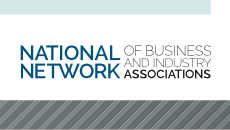
This framework document outlines a set of key steps the National Network of Business and Industry Associations (the National Network) developed to help employers develop competency-based apprenticeships. The approach is applicable across multiple industry sectors and at companies of any size. The National Network launched in late 2013 with the mission to improve economic opportunity and quality of… Read More ›
Developing Excellent School Principals to Advance Teaching and Learning: Considerations for State Policy
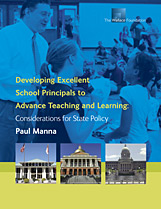
This report emphasizes that every state faces a unique blend of educational, political, and financial circumstances and that, therefore, each state’s approach should fit its needs and particularities. “There is not a cookbook recipe for policy development or implementation that will work equally well in all states,” it says. “State and local adaptations will be… Read More ›
Making Time for Instructional Leadership
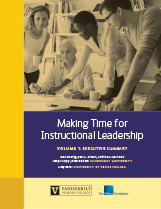
This three-volume report describes the “SAM process,” an approach that about 700 schools around the nation are using to direct more of principals’ time and effort to improve teaching and learning in classrooms. Research has shown that a principal’s instructional leadership is second only to teaching among school-related influences on student success. But principals often… Read More ›
Equal Opportunity for Deeper Learning

This report calls for fundamental changes in curriculum, assessment, and policy to ensure equity among students regardless of socioeconomic status. The quality of instruction for low-income students and students of color is increasingly becoming a concern in the United States. Access to a more rigorous curriculum for underserved students can bridge gaps by equipping students… Read More ›
How School Districts can Support Deeper Learning: The Need for Performance Alignment
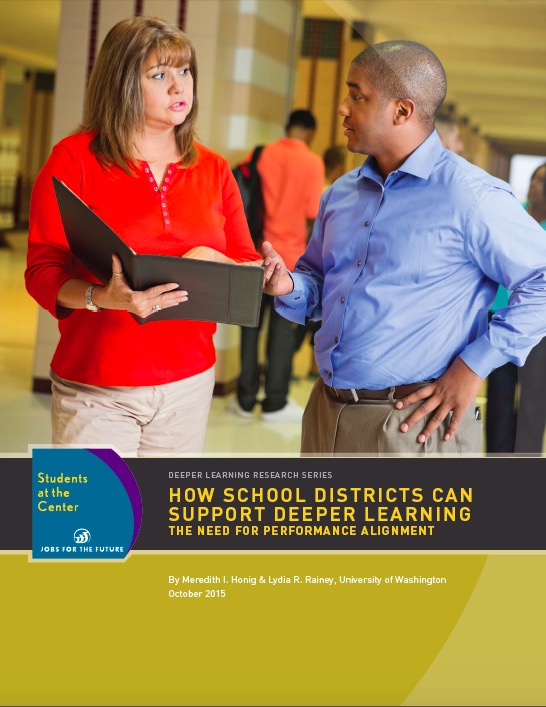
This report addresses why district central office leaders should make performance alignment a key part of their efforts to help all students learn deeply. And what, more specifically, does performance alignment entail and how might district leaders move in that direction? School district leaders nationwide aspire to help their schools become vibrant places for learning—where… Read More ›
Preparing Leaders for Deeper Learning
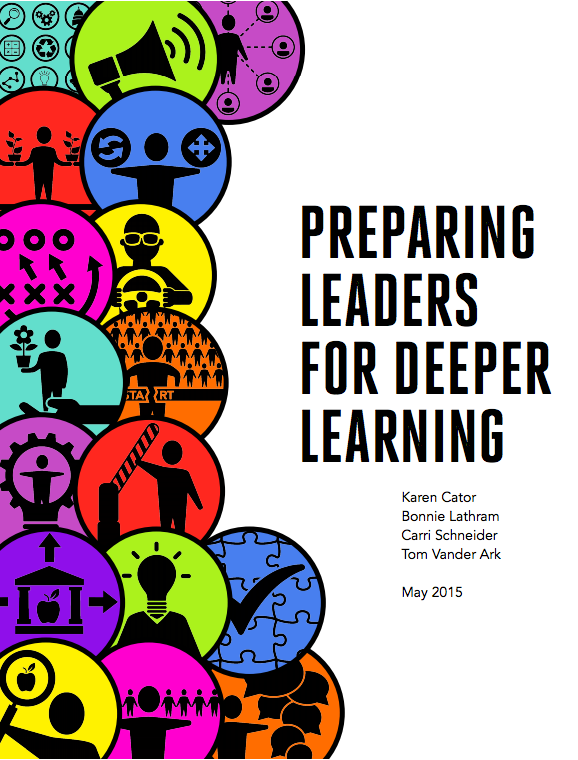
This paper focuses on program design and development for school and district leaders surrounding the creation of sustainable deeper learning environments. The paper addresses two fundamental questions: 1) As a growing body of schools and districts recognize the need for deeper, blended, competency-based learning environments for students, how must the role of leaders evolve to… Read More ›
A State Policy Framework for Scaling Personalized Learning
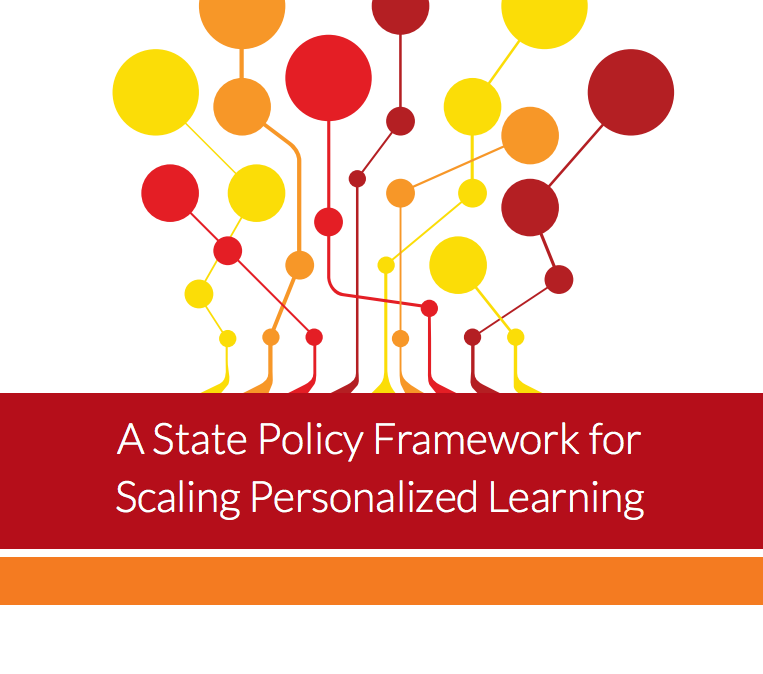
This report identifies strategies to support scaling personalized learning for districts. Developed by KnowledgeWorks, the report focuses on curriculum, assessment, learning environments, partnerships, and more as recommendations for successful scaling efforts. Source Organization: KnowledgeWorks Visit the Resource
District Guide to Blended Learning Measurement
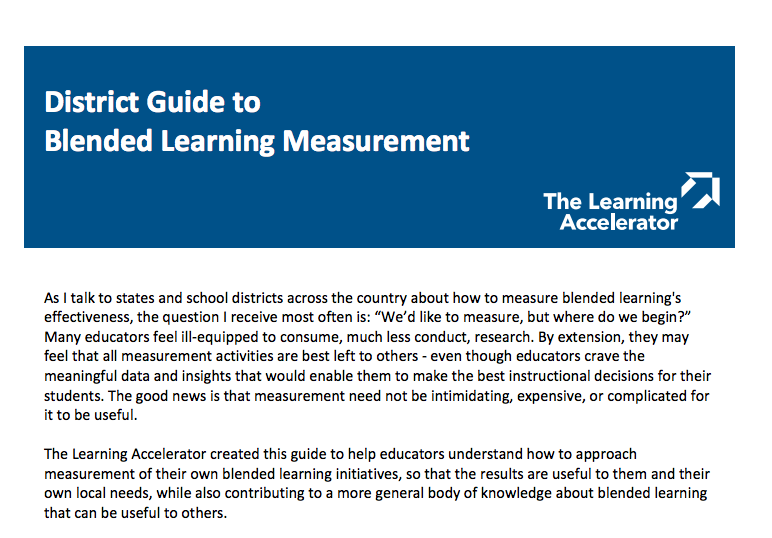
This guide, developed by the Learning Accelerator, helps educators understand and deepen blended learning practice in their schools. Included with the guide is a tool that supports measuring effectiveness for existing school or classroom-level blended learning initiatives. Source Organization: The Learning Accelerator Visit the resource
The Role of Learning Progressions in Competency-Based Pathways
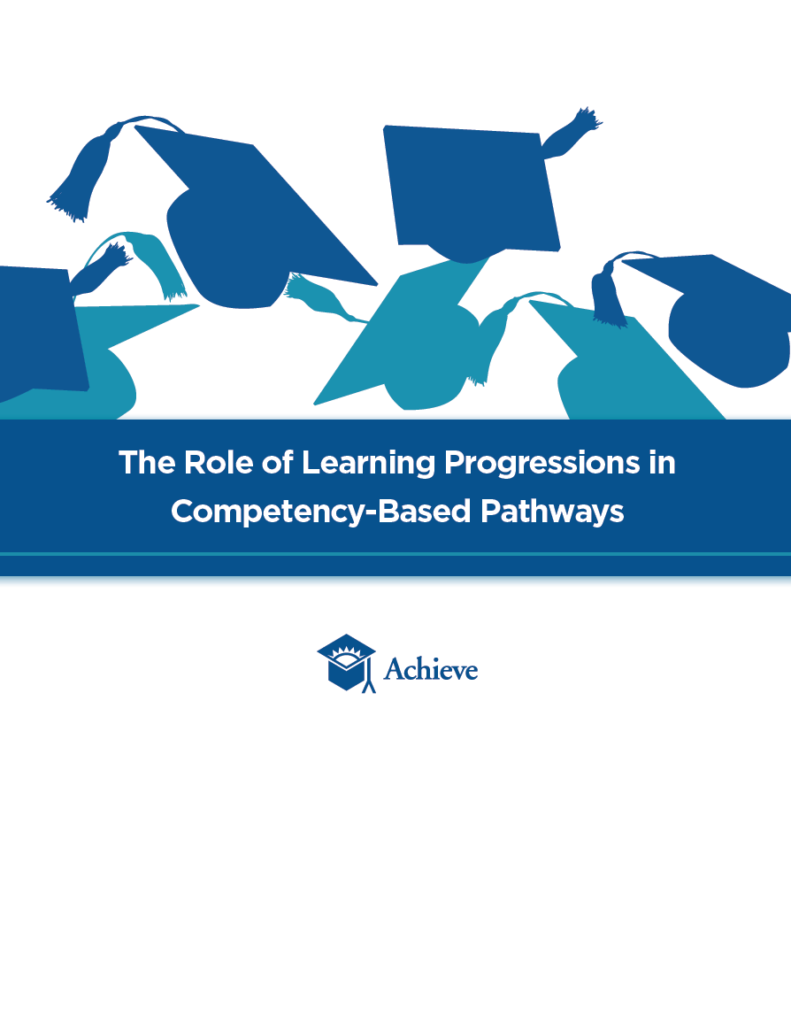
This report focuses on defining learning progressions and learning progressions research, with a particular focus on how state and district leaders can begin to support transitions into competency-based practice. After a 2015 series of conversations with experts in the learning sciences, Achieve convened a set of state leaders, researchers, and practitioners in May 2015 to… Read More ›